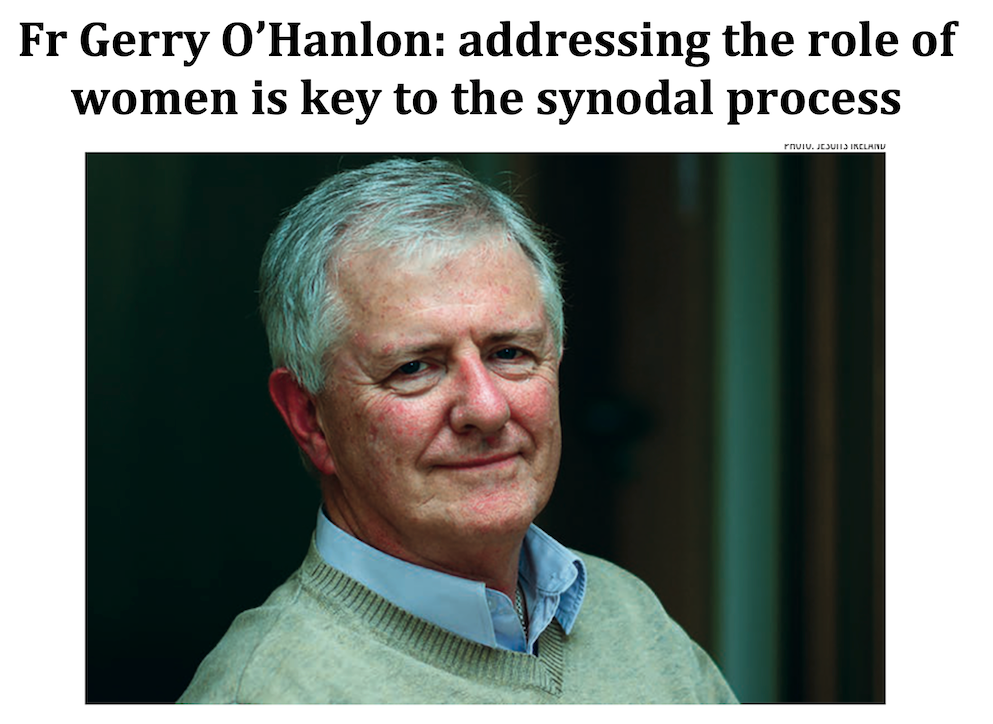COP26: Key Outcomes from the UN Climate Change Conference
Glasgow Climate Pact

COP26, the 26th United Nations Climate Change conference was held in Glasgow Oct 31– Nov 12, 2021. The outcome of the conference has been characterized by some as both a victory and a disappointment. Herewith a brief overview of the major decisions.
Glasgow Climate Pact
The Glasgow Climate Pact (The Pact), the final agreement document of COP26 that was negotiated by nearly 200 countries. For the first time in a UN climate agreement, there is an explicit reference to coal and fossil fuel subsidies and a promise to increase aid to developing countries, who are bearing the brunt of climate change.
Countering this, is the loose, vague language: e.g. “the phase-down of unabated coal power and inefficient fossil fuel subsidies” which reflects the strong lobbying power of the Fossil Fuel Industry. Throughout COP26 they had 500 delegates, more than the combined number of delegates, from the eight countries most vulnerable to the impact of climate change! A serious deficit of The Pact is that it does not include quantitative commitments, to ensure the world is on track, to avoid global warming beyond 1.5 degrees Celsius.
International Carbon Markets
After tense negotiations an agreement on the rules governing Article 6 of the 2015 Paris Agreement was agreed. This calls for the establishment of a global emissions credit trading system. The emissions trading mechanism, applies at government to government and the private sector levels, following agreement on three key sticking points:
(i) a “tax” on sales of emissions credits that will generate proceeds for adaptation financing in developing nations;
(ii) carry-over credits from the emissions trading regime developed under the Kyoto Protocol; and
(iii) mechanisms to ensure no double-counting of emissions credits.
Global Methane Reduction Pledge.
This pledge is critical because the global warming potential (GWP) of methane gas, is 84 times greater than CO2 in a 20-year time frame. Consequently, a key focus of COP26 was to reduce methane emissions around the world through the Global Methane Pledge. One hundred and ten countries signed the pledge, to reduce global methane emissions by at least 30% by 2030. Some of the highest emitters of methane i.e. the US, Brazil, and Indonesia signed, but other high methane emitters i.e. India, Russia and China did not! There will be an annual ministerial level meeting, to review the progress of the pledge.
Standards for “Net-Zero” Commitments by the Private Sector
The UN Secretary General, Antonio Guterres, called on every company and financial institution to act now to “radically, credibly and verifiably” reduce their emissions and to decarbonize their portfolios. He said a group of experts was being created to “propose clear standards to measure and analyse net-zero commitments from non-state actors” This group will create consistency regarding the criteria to evaluate private sector net-zero targets.
Sustainable Aviation Fuel
COP26 led to new intergovernmental commitments towards making the aviation sector net-zero by 2050. To this end the conference was effective in galvanizing non-governmental action in support of sustainable fuels. Amazon Air, Alaska Airlines, JetBlue, and United Airlines became the first airlines to join the ‘Sustainable Aviation Buyers Alliance’, a group formed earlier in 2021 with the goal of driving investment in sustainable aviation fuel
Climate Finance
New promises for funding from private sources were made during COP26. It appears that CEOs and their leaders are reading ‘the signs of the times’ and see the devastating consequence of inaction in respect of increased global warming.
At government level, it is the countries least responsible for the reality of climate change who are paying the highest price through loss of land, drought, extreme weather conditions and rising sea levels. Various proposals were put forward by them – indigenous groups were powerful in their testimonies – to ask wealthier countries to provide at least $1.3 trillion per year for climate mitigation and adaptation by 2030. They stated that despite previous promises from the COP24 in Paris, they have not received any funding. Thus they presented a strong case for the wealthier countries to provide $50 billion over five years or at minimum to double their climate finance contribution. This latter ask, made it into the final text, however the language around these commitments is weak, which will make it difficult to enforce and to monitor.
What’s Next? A Greater Sense of Urgency at Personal and Collective levels.
Some of the commitments made during COP26, represent progress towards the goal of keeping the global average temperature from rising above 1.5 degrees Celsius. Scientists, activists – especially young people - and key members of the UN recognise these commitments are “far from enough” in fact probably totally inadequate to save Earth!
Globally, the focus has to be on the implementation of net-zero commitments within the public and private sector. A significant outcome from COP26 is that governments agreed to meet in 2022, to evaluate progress made, monitor implementation plus introduce other critical measures.
NB. Not mentioned during COP26 was the ‘elephant in the room’ i.e. the carbon emissions from all forms of military activities, particularly in war zones and in the testing of the latest military ‘toys’…. Lisa Savage of Codepink (Women for Peace) shared that the US military alone, is the single largest user of petroleum in the world and has been the main enforcer of the global oil economy for decades. Consequently she is calling on all environmental activists to ‘stop ignoring the carbon belching elephant in the room!’
Denise Boyle, 5th Dec 2021 and Updated 21st Feb 2022
(Key concepts are taken from an article by Karen Vincent, Samuel Pickerill and Charlie Birkel. ‘Environmental Edge: Climate Change & Regulatory Insights’. Nov 19th, 2021)











